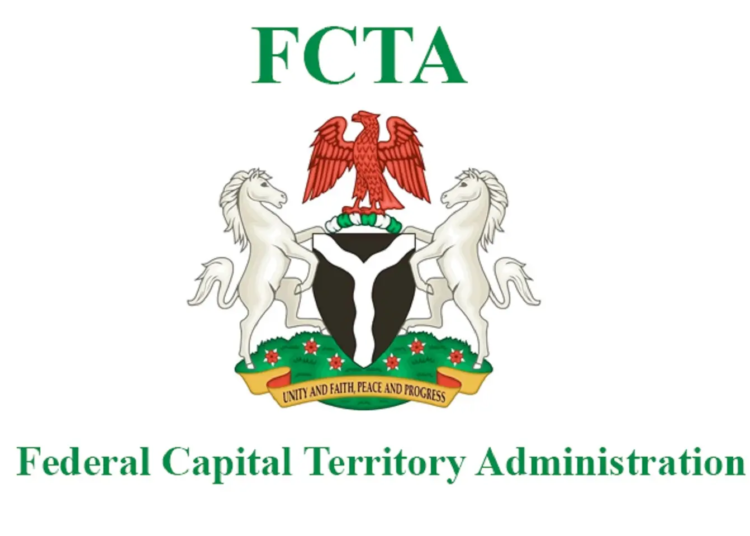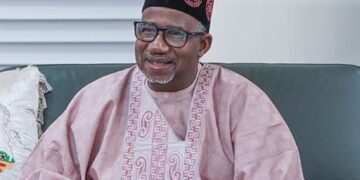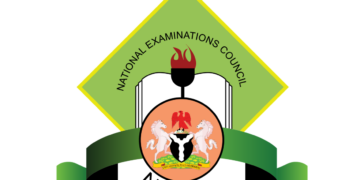Federal Capital Territory Administration (FCTA) through the Women Affairs Secretariat, has partnered with local and international non-governmental organisations to strengthen the fight against period poverty.
The mandate secretary of the secretariat, Mrs Adedayo Benjamins-Laniyi, stated this at an event in Abuja to commemorate the 2024 World Menstrual Hygiene Day.
The Women Affairs Secretariat, FCTA, in partnership with the ACIOE foundation, organised the event with the theme “Together for a Period Friendly World.”
Benjamins-Laniyi, who was represented by the permanent secretary, Alhaji Adetoye Kolawole, described period poverty as the lack of access to safe and hygienic menstrual products, including water during monthly periods.
She said that the partnership was designed to bring menstrual information, sanitary pads, and other hygiene products to the doorsteps of young girls, particularly in communities.
According to him, the goal is to provide every girl at the grassroots with everything she needs for a healthy menstrual period.
“We are collaborating with so many NGOs, not only local ones but also international ones. These partners are working with us to provide the needed information about menstrual hygiene to our girls and increase their access to sanitary pads and other hygiene products at home and in schools.
“What we are doing today is part of the Women Secretariat’s efforts to enlighten young girls to know that the menstrual period is normal for all women and what to do when menstruating. The need to know what the menstrual period is all about and how to maintain good hygiene practices during the menstrual period,” she said.
Also, Ms Kanyidinofu Oyem, Gender Specialist at the ACIOE Foundation, said that the enlightenment campaign was critical to clarifying misconceptions about menstruation.
Oyem particularly said that some young girls stay out of school because they are menstruating among other taboos associated with the natural monthly circle.
“We go to school where we have vulnerable children. We don’t only talk to them; we share a sanitary pad.
“This is because, it is not enough just to educate them; you must be able to provide access to sanitary products, particularly to those who cannot afford this basic product.
“We also give it to the boys so that they will give it to their sisters at home, particularly the out-of-school girls,” she said.
She added that part of the community outreach was also to train young girls on how to make reusable pads, considering that not all girls can afford normal pads.











